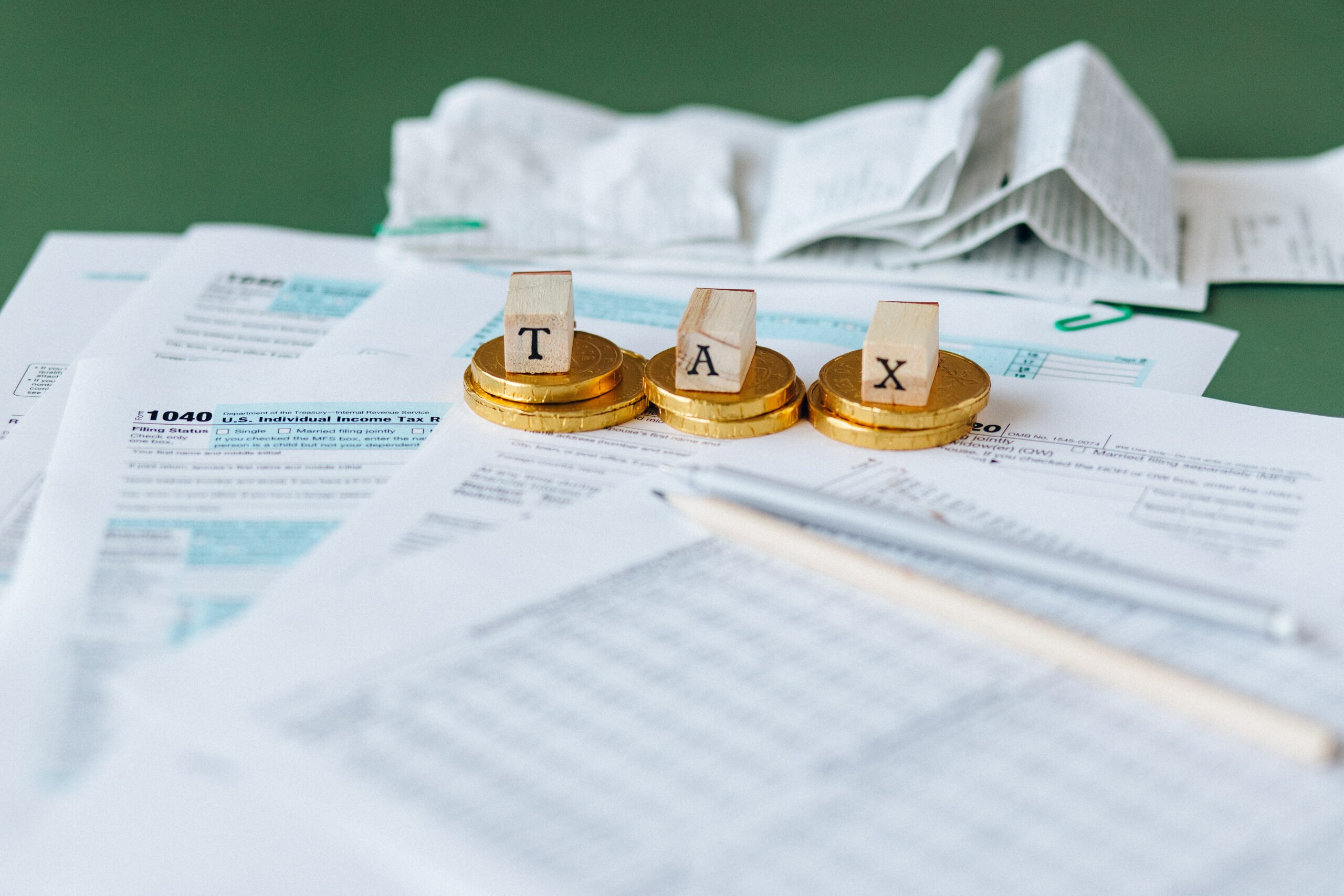The Solo 401k is a favored retirement plan among self-employed individuals and small business owners. It offers flexibility and control over retirement funds that many entrepreneurs find appealing. Understanding the legal protections against bankruptcy is crucial. It ensures your retirement funds are safe as you navigate through the ups and downs of business ownership.
Legal Protections for Solo 401k in Bankruptcy
Overview of BAPCPA
The Bankruptcy Abuse Prevention and Consumer Protection Act of 2005 (BAPCPA) introduced significant reforms to U.S. bankruptcy laws, including enhanced protections for retirement funds. Under BAPCPA, assets held in employer-sponsored retirement plans like Solo 401k are safeguarded during bankruptcy proceedings, reflecting the act’s commitment to securing retirees’ financial futures.
Federal Protection
While Solo 401k plans enjoy robust protection under federal law, it is crucial to recognize that this protection is not absolute. Specifically, Solo 401k assets are generally exempt from bankruptcy claims, ensuring that your retirement savings are protected even during financial distress.
However, there are exceptions to this rule, such as claims arising from IRS liens or qualified domestic relations orders (QDROs) in divorce settlements. These exceptions mean that while the protection is extensive, it does not cover every conceivable scenario.
Protection During Asset Transfers
When you’re moving funds between retirement accounts, it’s crucial to know that your Solo 401k assets are safeguarded during these transitions. Under BAPCPA, not only are your assets protected within the Solo 401k plan, but they are also shielded during the process of rolling over funds from one retirement account to another.
This protection ensures that if you are in the midst of bankruptcy proceedings and need to transfer assets from, say, an IRA into a Solo 401k, these funds remain exempt from creditor claims while in transit. This provision is particularly important for maintaining uninterrupted protection of your retirement savings during financial restructuring or optimization of your retirement planning strategy.
Legal Precedents
The protection of Solo 401k plans under the law is also evidenced by various court precedents, which demonstrate the plan’s resilience in protecting assets against claims. These legal cases have consistently upheld that Solo 401k funds remain secure against most creditors, thus providing a reliable safety net for retirees.
Such precedents reinforce the intent of BAPCPA and offer practical examples of how these protections operate in real-world legal contexts, ensuring that retirees can depend on their savings when they need them most.
Comparison with Other Retirement Accounts

IRA vs. Solo 401k Protections
While Solo 401k plans benefit from unlimited protection under BAPCPA, traditional and Roth IRAs often have capped protections. This difference can be significant in bankruptcy situations. IRAs might only be protected up to a certain amount, whereas Solo 401k accounts typically do not have such limitations.
Group 401k Plans
Solo 401k plans differ from employer-sponsored 401k plans in several ways, including their protection in bankruptcy. While both types are generally well-protected, the Solo 401k’s status as a plan for self-employed individuals grants it specific safeguards that might not always apply to group plans.
State vs. Federal Law Variations
State laws can impact IRA protections differently than federal laws affect Solo 401k plans. Some states offer additional protections for IRAs, but these can vary widely between states. In contrast, Solo 401k protections under federal law provide a consistent level of safety across the entire United States.
Considerations and Limitations
Exceptions to Protections
While the robust protections of Solo 401k accounts shield them from most creditors, it is important to recognize specific federal legal exceptions that could make these funds vulnerable. For instance, in scenarios involving IRS liens, if there are outstanding tax obligations, the IRS has the authority to place a lien on a Solo 401k to recover the taxes owed. This means that even the strong defenses of a Solo 401k cannot prevent access by federal tax claims.
Another notable exception occurs during divorce proceedings. A Solo 401k can be subject to division under a Qualified Domestic Relations Order (QDRO). A QDRO is a legal order that allocates a portion of the Solo 401k assets to an ex-spouse as part of the divorce settlement. This division is specifically allowed under federal law, acknowledging the rights of the ex-spouse to a share of the retirement assets.
Legal Limits
Solo 401k plans enjoy comprehensive bankruptcy protections under federal law, significantly exceeding those available to IRAs. Current regulations protect IRAs up to $1,362,800 from bankruptcy claims, an amount that is adjusted periodically for inflation.
This protective cap, however, does not extend to Solo 401k plans, which are safeguarded against bankruptcy without a similar dollar limit under BAPCPA.
It is crucial to understand that the term “unlimited protection” specifically refers to protection from bankruptcy under federal law. Solo 401k assets, while protected from bankruptcy claims, may still be subject to other legal actions such as IRS liens or division under QDRO during divorce proceedings. Therefore, the protections, while robust, are not absolute and do not extend to all types of legal claims.
This nuanced approach to asset protection is important for individuals considering how to manage their retirement contributions, especially for those with substantial assets who may prioritize enhanced protection.
Important IRS Rules
Holders of Solo 401k accounts must be diligent about complying with IRS rules to ensure the continued protection and integrity of their plans. This includes making regular contributions and maintaining accurate plan documentation.
It is crucial to comply with annual reporting requirements – failing to do so can jeopardize the qualified status of the plan, potentially exposing it to legal challenges and risks that could affect the plan’s protections. Understanding and adhering to these rules is essential for safeguarding your retirement assets against unexpected legal challenges.
Practical Steps for Solo 401k Holders

Compliance Tips
Ensuring that your Solo 401k remains in full compliance with IRS regulations is fundamental to preserving its protections. This includes accurate and timely submissions of any required filings, such as Form 5500-EZ, which is necessary for plans with assets exceeding $250,000.
Additionally, Solo 401k holders must adhere to the contribution limits and withdrawal rules to avoid penalties and potential disqualification of the retirement plan. Regularly updating your knowledge of these regulations can help maintain the integrity of your Solo 401k.
Professional Advice
Navigating the complexities of Solo 401k rules and the broader legal landscape that affects these plans can be challenging. It is advisable to consult with financial advisors or legal professionals who specialize in retirement planning and asset protection.
Experts can provide tailored advice that considers your specific financial situation, helping you make informed decisions that optimize the protections available to your Solo 401k plan.
Regular Review and Updates
The legal and regulatory environment for retirement plans is subject to change. As such, it is vital to regularly review and update your Solo 401k plan to ensure it remains compliant with current laws. This may include adjusting your contributions, updating beneficiary designations, and revising the investment portfolio to align with new legal precedents or financial goals. An annual review, possibly coinciding with your tax planning process, is a prudent practice that can help secure the long-term benefits of your Solo 401k.
By understanding the vulnerabilities, adhering to legal limits, and following strategic compliance practices, you can effectively safeguard your Solo 401k against potential risks and ensure that it continues to serve as a cornerstone of your retirement strategy.
Common Questions Answered
What specific protections does the BAPCPA provide for Solo 401k plans?
BAPCPA provides significant protections for Solo 401k plans by ensuring that assets within these plans are generally exempt from bankruptcy estates. This means that if you declare bankruptcy, the funds in your Solo 401k are protected from creditors, ensuring that your retirement savings remain intact regardless of your financial difficulties.
How does Solo 401k bankruptcy protection compare to that of an IRA?
Solo 401k plans often offer stronger protections compared to IRAs. While Solo 401k plans enjoy unlimited bankruptcy protection under the BAPCPA, traditional and Roth IRAs are subject to a protection cap, currently at $1,362,800, as adjusted periodically for inflation. This means that Solo 401k assets generally offer a higher level of security in bankruptcy scenarios than IRA funds.
Are there any conditions under which Solo 401k assets can be seized in bankruptcy?
Yes, there are specific conditions under which Solo 401k assets could be vulnerable. For example, if there are any IRS liens for unpaid taxes or if obligations arise from a QDRO in a divorce proceeding, then those funds might be accessed to meet such legal obligations.
What steps can I take to ensure my Solo 401k is fully protected under current laws?
To ensure full protection of your Solo 401k, make sure to comply with all IRS guidelines and contribution limits. Regularly file any required forms, such as Form 5500-EZ if your plan assets exceed $250,000. It’s also wise to consult with a financial advisor or attorney who specializes in retirement planning and can provide personalized advice based on the latest laws and your specific situation.
Final Thoughts
Your Solo 401k holds significant protection against bankruptcy, making it a robust tool for securing your financial future even in times of personal financial crisis. These protections are generally more comprehensive than those available for IRA accounts, especially under federal bankruptcy laws. Understanding and utilizing these protections effectively is crucial for safeguarding your retirement assets against potential legal claims.
To maintain these protections, remain vigilant about compliance and stay informed about ongoing legal and regulatory changes. Regular consultations with financial or legal experts can also help ensure that your retirement planning remains on solid ground. Remember, proactive management of your Solo 401k is key to enjoying long-term financial security and peace of mind.





